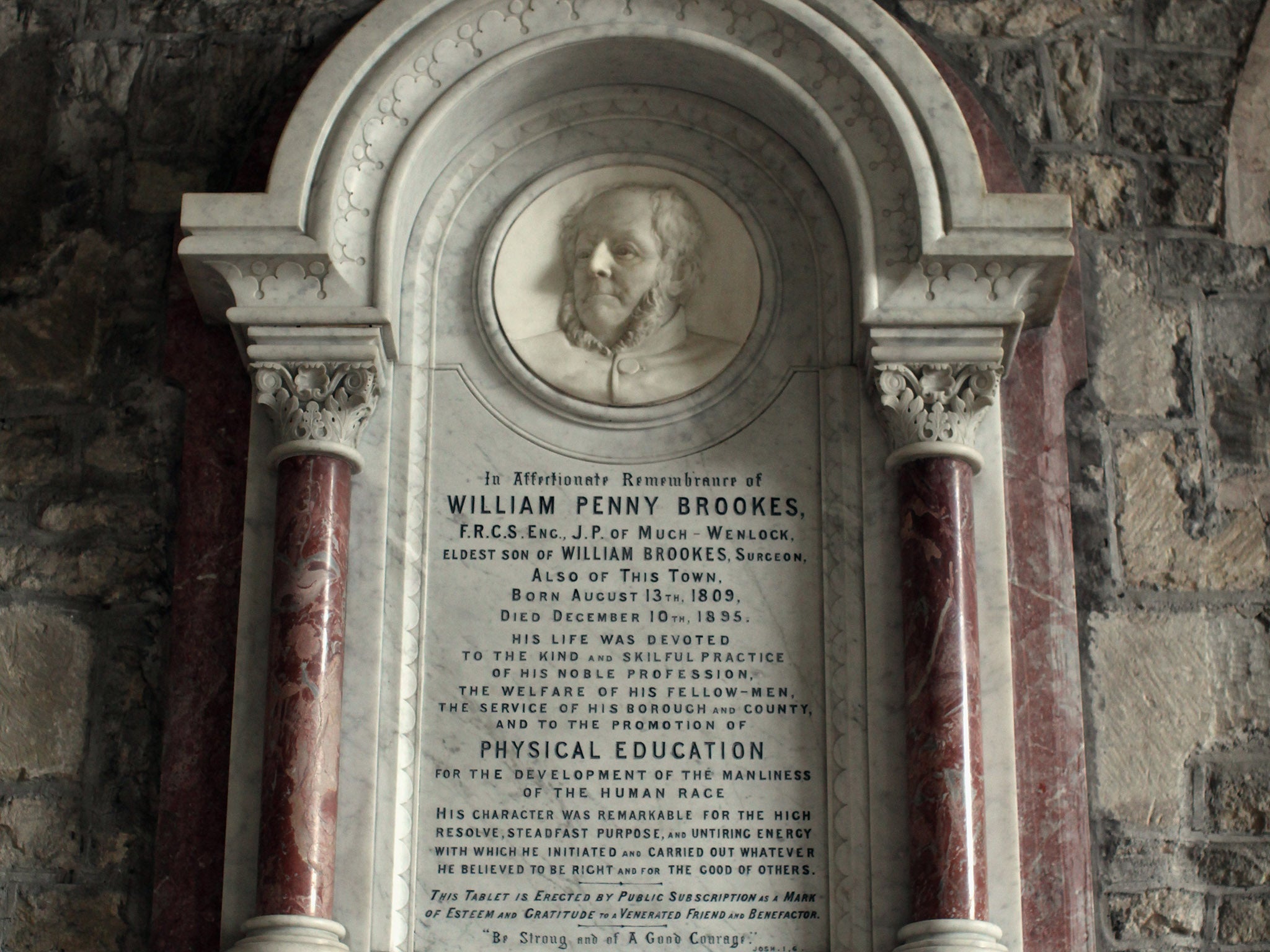Five things you didn’t know about the first modern Olympic Games
Google has marked the 120th anniversary of first modern Summer Olympics, which took place in Athens in 1896

Your support helps us to tell the story
From reproductive rights to climate change to Big Tech, The Independent is on the ground when the story is developing. Whether it's investigating the financials of Elon Musk's pro-Trump PAC or producing our latest documentary, 'The A Word', which shines a light on the American women fighting for reproductive rights, we know how important it is to parse out the facts from the messaging.
At such a critical moment in US history, we need reporters on the ground. Your donation allows us to keep sending journalists to speak to both sides of the story.
The Independent is trusted by Americans across the entire political spectrum. And unlike many other quality news outlets, we choose not to lock Americans out of our reporting and analysis with paywalls. We believe quality journalism should be available to everyone, paid for by those who can afford it.
Your support makes all the difference.Today marks the 120th anniversary of the modern incarnation of the ancient Olympic Games which were staged in Athens in 1896.
Only 14 countries participated in the original tournament and there were only 43 events, but over the next century it grew in prestige to the international sporting festival it is today.
Here are some of things you may not know about the revival of the Olympics:
It was not the first attempt to revive the ancient tournament in Greece
The “pagan” sporting festival was banned by Roman Emperor Theodosius I in 394AD as part of his campaign to make Christianity the official religion of the Empire.
In the 19th century, European philanthropists were inspired to revive the ancient tournament as a way to improve the “moral and physical education” of the masses.
Greek philanthropists Evangelos and Konstantinos Zappas paid for the restoration of the ancient Panathenaic Stadium where they sponsored the first games held there in 1859, then again in 1870 and 1875.
It was not until a Frenchman visited a tiny Shropshire village that the idea took off
The village of Wenlock in Shropshire began hosting its own annual local Olympics in 1850.
It was devised by local doctor William Penny Brookes and is still held to this day.

Baron Pierre de Frédy, Baron de Coubertin visited the town in 1890 and was inspired by the townspeople participating in the Games so he founded the International Olympic Committee (IOC) to work towards establishing a new form of Olympic Games every four years.
The modern version of the tournament has been held continuously every four years except 1940 and 1944
The only time the quadrennial tournament has been interrupted was during the Second World War in the years 1940 and in 1944.
The 1948 Olympics Games were held in London and became known as the Austerity Games because Britain was still subject to rationing at the time.
They were also the first Summer Olympics to have ever been broadcast on television and London is the only city to have hosted the Games three times.
Despite starting in Athens the Games didn’t return to the city until 2004
The official slogan for the 2004 Games was “Welcome Home” in honour of the city’s role in starting it all.
Participating athletes were also given olive wreaths to wear as they would have done in Ancient Greece.
Rio 2016 will be the first time the tournament will be held in South America
Rio 2016 will be the first time a South American city has ever hosted the games and the second city in Latin America after Mexico City played host in 1968.
It will hold 306 events in 28 sports - including rugby sevens and golf for the first time.
Join our commenting forum
Join thought-provoking conversations, follow other Independent readers and see their replies
Comments